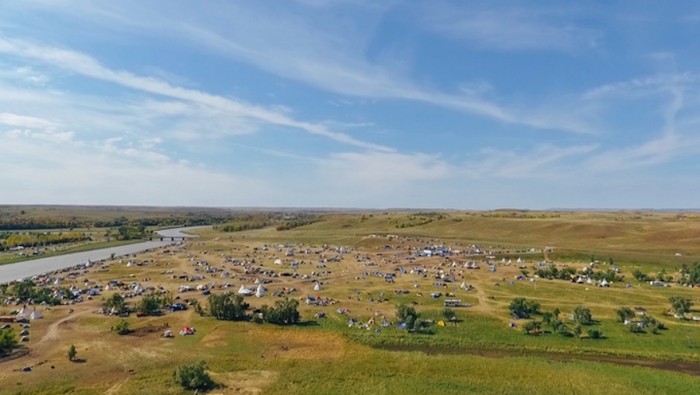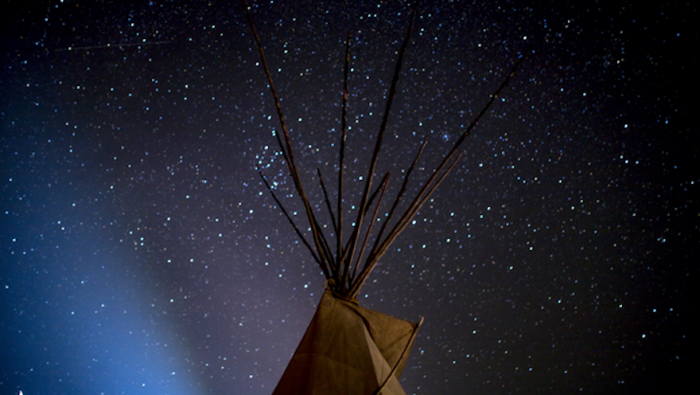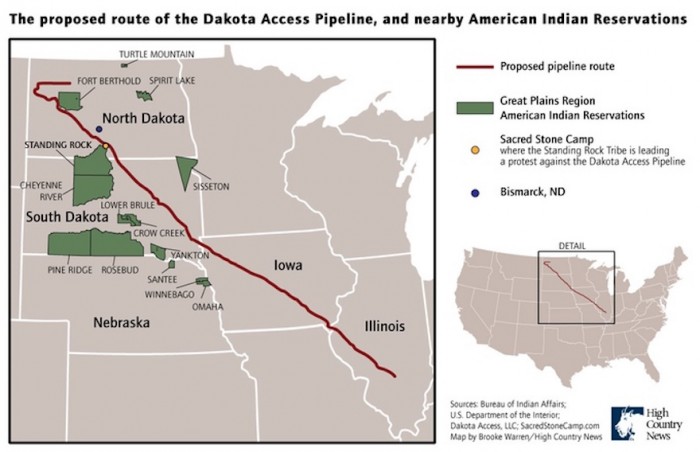In the middle of a contentious election and widespread protests against police brutality in the United States, thousands of Native American protesters have for months occupied a section of land in South Dakota to protest the construction of the Dakota Access Pipeline. The company behind the build, Energy Transfer Partners have continued with plans to build the pipeline underneath the Missouri River despite city officials ruling that the possibility of an oil spill tainting the state’s largest water supply was far too dangerous. What’s at stake is the viability of the native land belonging to The Standing Rock Sioux Tribe. The protest brings to light the plight of thousands of Native Americans who despite being backed by the law still find themselves vulnerable and unprotected against capitalist interests. For activist and creative Raviv Ullman telling the stories from inside the camp is paramount.
“Our power lies in our ability to share stories and contribute to the international dialogue. Through dialogue, we create change,” writes Ullman.
Alongside other contributors, Ullman hopes to secure funding for a documentary film that will lift the lid on the how the plight of the Sioux Nation is a microcosm of a much bigger problematic question facing the United States: “How do we transition into a future where fossil fuels are not the only option on the table to supply energy to a steadily growing planet.”
The film will follow characters central the story. These include community leaders, lobbyists, activists and city officials. Ullman will also head to sites which have already felt the burden of construction in conversation areas. “We’ve been invited to a Reservation in Alberta, Canada to see firsthand what happens to these communities years after the oil has been extracted from the ground,” he adds. “There, our friend Felicia StandingOnTheRoad has been working tirelessly to bring her people back from poverty.”
“We will be able to paint a clear picture of where our country stands while at the dawn of a new era, and how our fight for survival can lead us to a more promising future.”
Ullman launched a Kickstarter campaign in order to see the project to completion.









